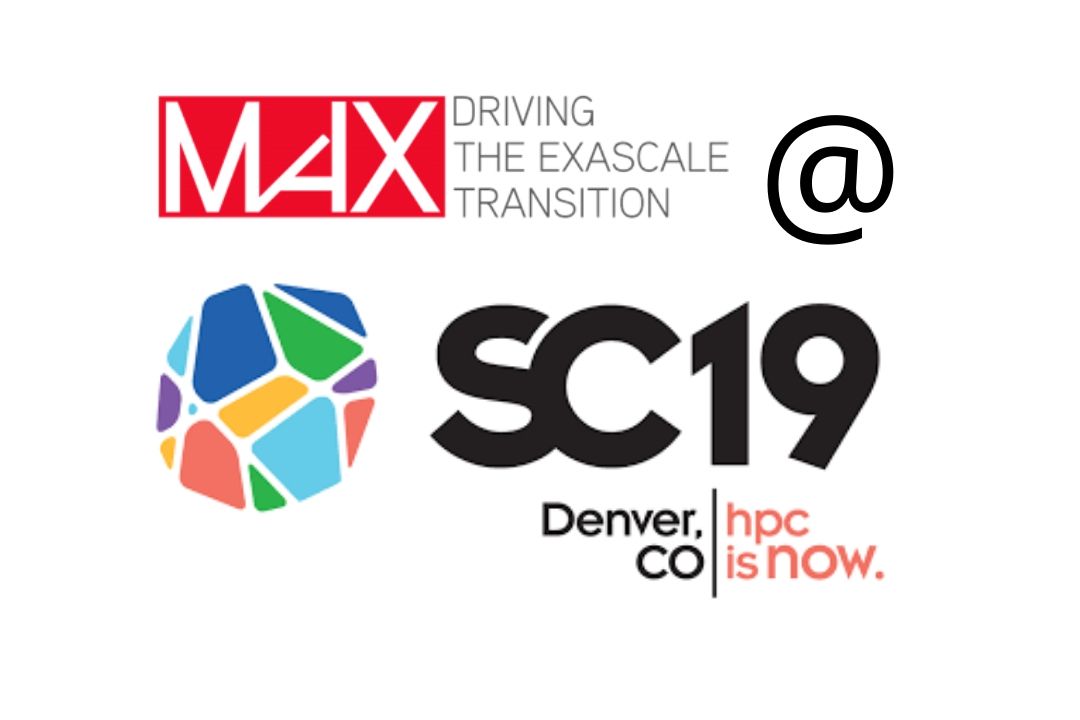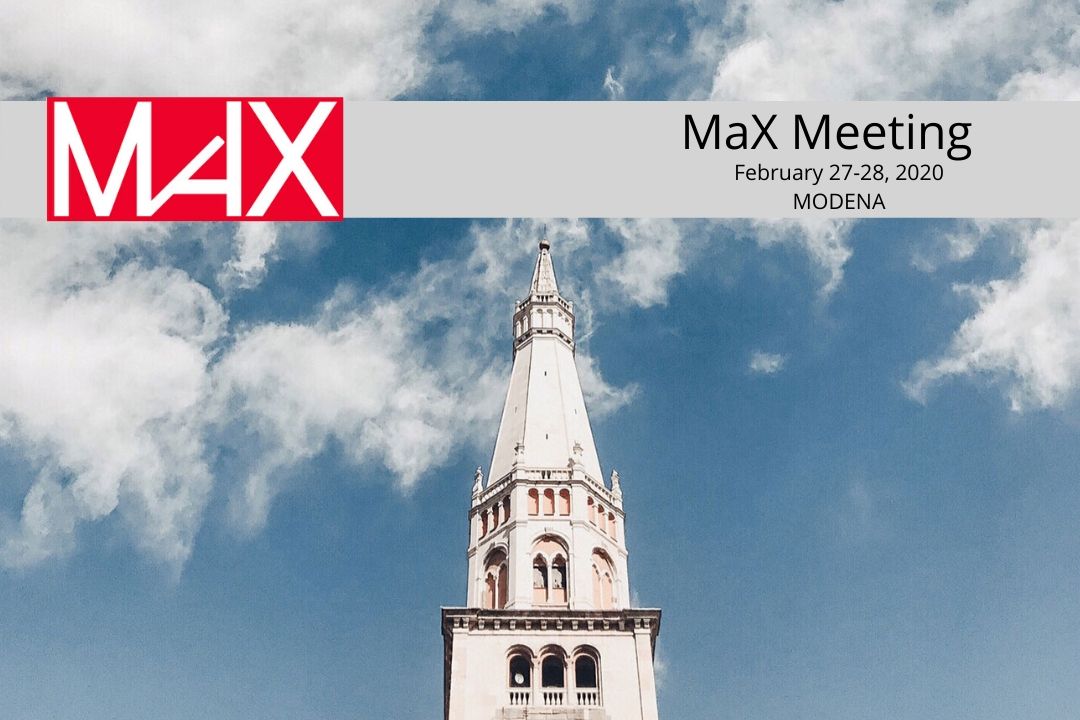
Participants already familiar with the basics of AiiDA will be shown best-practices, advanced programming patterns and useful tips that will help in writing reusable, robust and modular workflows in AiiDA in order to automate their research. During the event we will discuss and define the APIs for common workflows for the computation of various general materials properties. These standard APIs can then be used by the various code plugin developers as a common input/output interface to implement them for their own code, providing tools to users to compute a material property with various codes without needing to know the details of each code. Finally, during the hackathon participant will receive support to design and start implementing a new plugin for a simulation code, to improve an existing plugin adhering to the most recent AiiDA best practices, add/or to support for newer versions of AiiDA.
Participants are required to have a clear idea of which plugin or which workflow they want to work on before coming to the event.
Skills:
- basic UNIX/shell knowledge
- medium to advanced python skills
Target audience
Computational scientists that run high-performance or high-throughput calculations and want to automate their simulations and encode their scientific knowledge in robust and modular AiiDA workflows, with a in-depth knowledge of at least one simulation code (that they want to use with AiiDA).
Pre-requisites
Previous experience with AiiDA; previous experience in developing (basic) calculation plugins and AiiDA WorkChains.
Tutors
Nicola Spallanzani, Giovanni Pizzi, Sebastiaan P Huber, Francisco F Ramirez, Miki Bonacci, Emanuele Bosoni, Vasily Tseplyaev
Acknowledgements:
The tutors acknowledge financial support by PRACE and by the EU Centre of Excellence MaX “MAterials design at the eXascale” A H2020-INFRAEDI-2018-1 funded project Grant Agreement n. 824143 and by NCCR MARVEL funded by the Swiss National Science Foundation.






